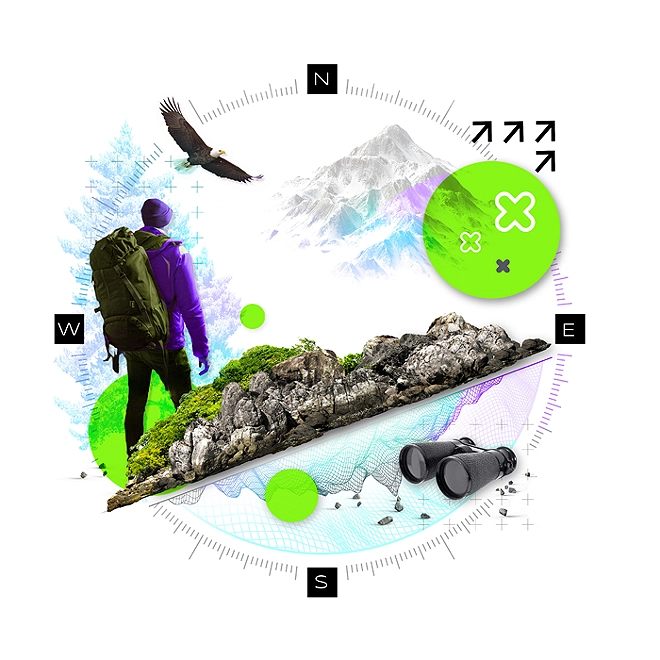11th package of EU sanctions focuses on circumvention
17 July 2023
What do the sanctions mean for you?
Background
EU restrictive measures in financial matters on Russia date back to 2014 following Russia’s invasion of Ukraine (with EU Council Regulation No 269/2014 of 17 March 2014 concerning restrictive measures in respect of actions undermining or threatening the territorial integrity, sovereignty and independence of Ukraine). Since then, the Regulation No 269/2014 (hereafter the Regulation) has been amended multiple times.
In February 2022, Russia recognized non-government-controlled areas of Ukraine’s Donetsk and Luhansk oblasts as independent entities and then invaded Ukraine. In response, the EU adopted the largest-ever restrictive measures in financial matters (sanctions) in a few waves of packages targeting several sectors of Russia’s economy and persons supporting its military aggression against Ukraine.
The 10th package adopted on 25 February 2023 lists additional targets (people and legal entities) and bans more products for import/export. Through article 8 of the Regulation, this package requires a new reporting obligation whereby operators/professionals must report to their national authority information on "any move, transfer, alteration, use of, access to, or dealing referred to in Article 1(e) or 1(f) in the two weeks preceding the listing of those natural or legal persons, entities or bodies in Annex I.”
While the reporting must be made within two weeks through a specific template, professionals are expected to freeze and report relevant assets in a matter of hours (without delay) per the Law of 19 December 2020 on the implementation of restrictive measures in financial matters as amended by the law of 24 July 2022 (hereafter the Sanctions Law).
What is new?
As announced on 9 May 2023 by the President of the EU Commission, an 11th package was published on 23 June 2023. It aims to further crack down on sanction circumvention while better combining forces with EU international allies, notably the G7 countries.
This 11th EU sanctions package includes:
1. Trade measures, e.g.:
a. A new tool to combat transshipment: the export of goods originating from the EU, transiting to intermediary destinations or reliable neutral countries before delivery to Russia or the consolidation of goods by mixing small shipment of prohibited products with good ones in big containers.
b. Products added to the transit ban: such as advanced tech products or aircraft parts.
c. A ban on ‘shadow' entities from third countries (5 countries added to this list) that deliberately evade EU sanctions: some sanction evaders conceal the end user’s identity using straw buyers/sellers located in non-EU member states in order to acquire/sell the commodities, which are then further shipped to the final destination.
2. Transport measures, e.g.:
a. “A full ban on trucks with Russian trailers and semi-trailers from transporting goods to the EU.”
b. Access ban to EU ports for ships that loiter by switching off their transponders/signals to detection or other ships that transmit incorrect or manipulated information (spoofing).
3. Energy measures, notably the “end of the possibility to import Russian oil by pipeline for Germany and Poland.”
4. 100+ additional listings of individuals and entities subject to asset freezes.
This new package could pose challenges and does compel the highest vigilance from all operators/professionals.
This 11th package might be further strengthened by requiring professionals to:
- Retrospectively analyze any movement, transaction, transfer or dealing with assets of designated persons in the two weeks preceding their designation; this retrospective analysis might require looking a few years back; and
- Report immobilized assets (different to frozen assets) by completing a template to send to the national competent authority (the Ministry of Finance) and by sending a copy to the direct supervisor (CSSF or CAA). No nil report required if there is nothing to report.
Another important matter relates to other autonomous sanctions, such as OFAC or UK sanctions. While these are not mandatory under the Sanctions Law, professionals should analyze, with due care, transactions or client files flagged with other autonomous sanctions, by applying enhanced due diligence measures in line with article 3-2 (1) of the amended AML Law of 12 November 2004 (on the fight against money laundering and terrorist financing).
Finally, professionals should further ensure that their name-screening or filtering solutions/tools implement changes or updates on sanctions via a daily upload of consolidated restrictions lists (UN, EU and other relevant lists issued by OFAC, UK, Canada, etc.).
How Deloitte can help
Our team continues to monitor any new sanction developments and remains available to discuss this topic further and to assist you with implementation, crash-testing and fine-tuning of any counterparty-screening or transaction-filtering solutions. Deloitte also offers smart KYC and screening solutions through our DKYC Suite that combine all market-leading sources and components.
Contacts
Subject matter specialists
Emilie Rubayiza |
|
